On February 13, 2025, Mohammed Houli Chemnal, the only surviving jihadist from the 2017 Barcelona and Cambrils attacks, testified before a Spanish congressional committee. His statements raised significant questions about the events surrounding the Alcanar explosion. Did the Spanish intelligence agency, CNI, know about the imam’s intentions? This testimony could change our understanding of the tragic events.
- Mohammed Houli Chemnal sentenced to 43 years.
- He testified about the 2017 attacks.
- Claims CNI knew imam's intentions.
- PP representatives left in protest.
- Houli's testimony raises investigation questions.
- He insists investigators must find proof.
Houli’s dramatic claims suggest that CNI had prior knowledge of the imam’s plans, leading to a broader inquiry into the agency’s role in the attacks. What does this mean for the victims and their families?
Key Testimony Reveals Possible Intelligence Failures in Spain’s 2017 Attacks
Could the 2017 Barcelona and Cambrils attacks have been prevented? Mohammed Houli Chemnal’s recent testimony suggests that Spain’s intelligence agency, CNI, may have had prior knowledge of the attackers’ plans. This revelation raises serious questions about the effectiveness of intelligence operations and their responsibility in safeguarding citizens.
What Does Houli’s Testimony Mean for Future Security Measures?
As the investigation unfolds, Houli’s statements may prompt a reevaluation of security protocols in Spain and beyond. Understanding the intelligence failures could be crucial for preventing future attacks. Here are some key takeaways:
- Houli claims CNI was aware of the imam’s intentions.
- His testimony highlights potential lapses in intelligence operations.
- The situation raises questions about accountability for intelligence agencies.
- Future security measures may need to be reassessed based on these findings.
Implications for Intelligence Agencies in Spain and Beyond
The fallout from Houli’s testimony could have far-reaching effects. Intelligence agencies worldwide may need to examine their protocols and communication strategies. If CNI had prior knowledge, what does this mean for their operational effectiveness? It could lead to a push for reforms in how intelligence is gathered and shared.
Public Reaction and Political Ramifications
Public sentiment is crucial in the wake of such revelations. Victims’ families are likely to demand answers, and political parties may use this opportunity to critique the current government’s handling of security. How will the public hold officials accountable for any oversight? This could spark a broader discussion about national security and public safety.
In conclusion, Mohammed Houli Chemnal’s testimony could reshape our understanding of the 2017 Barcelona and Cambrils attacks. As investigations continue, the implications for intelligence operations and public safety will be closely monitored.



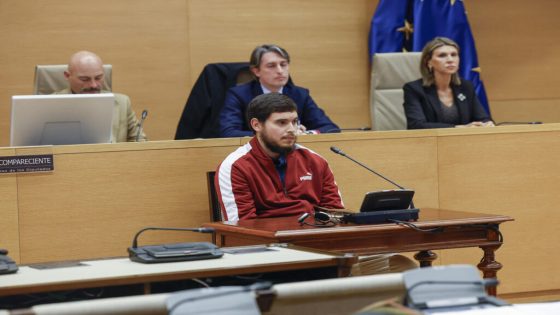

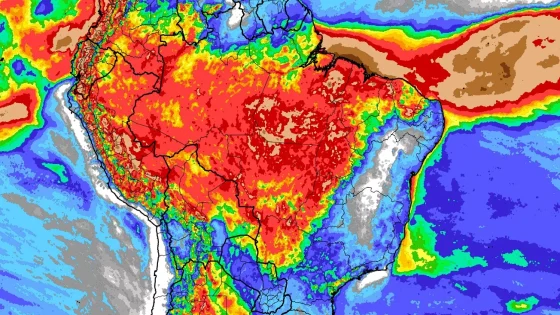


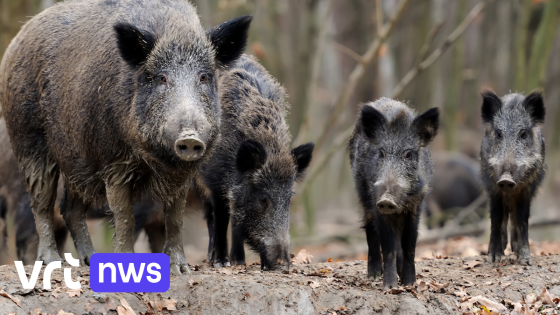
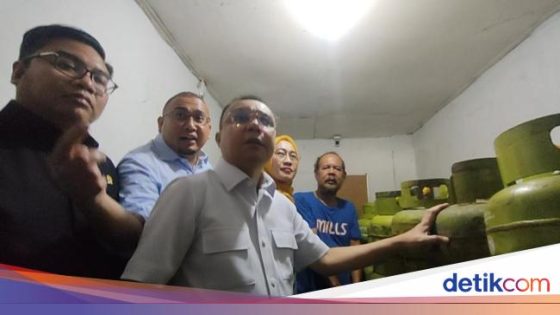
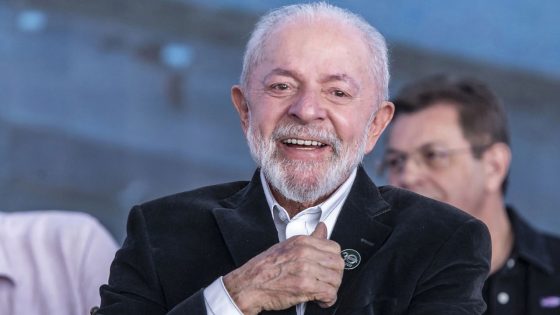
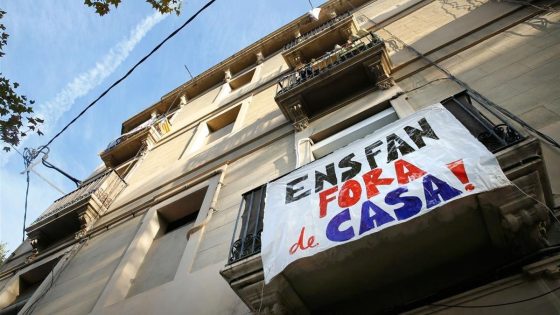

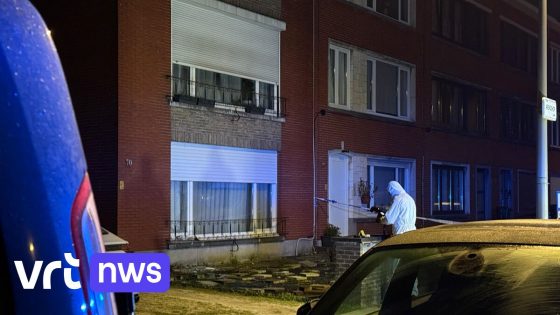








![[KEMASKINI] 3 bulan baru bina mahligai, suami isteri ‘pergi’ bersama](https://news.faharas.net/wp-content/uploads/2025/03/Tragic-Twist-Newlywed-Couples-Dream-Home-Built-in-3-Months-230x129.jpeg)





